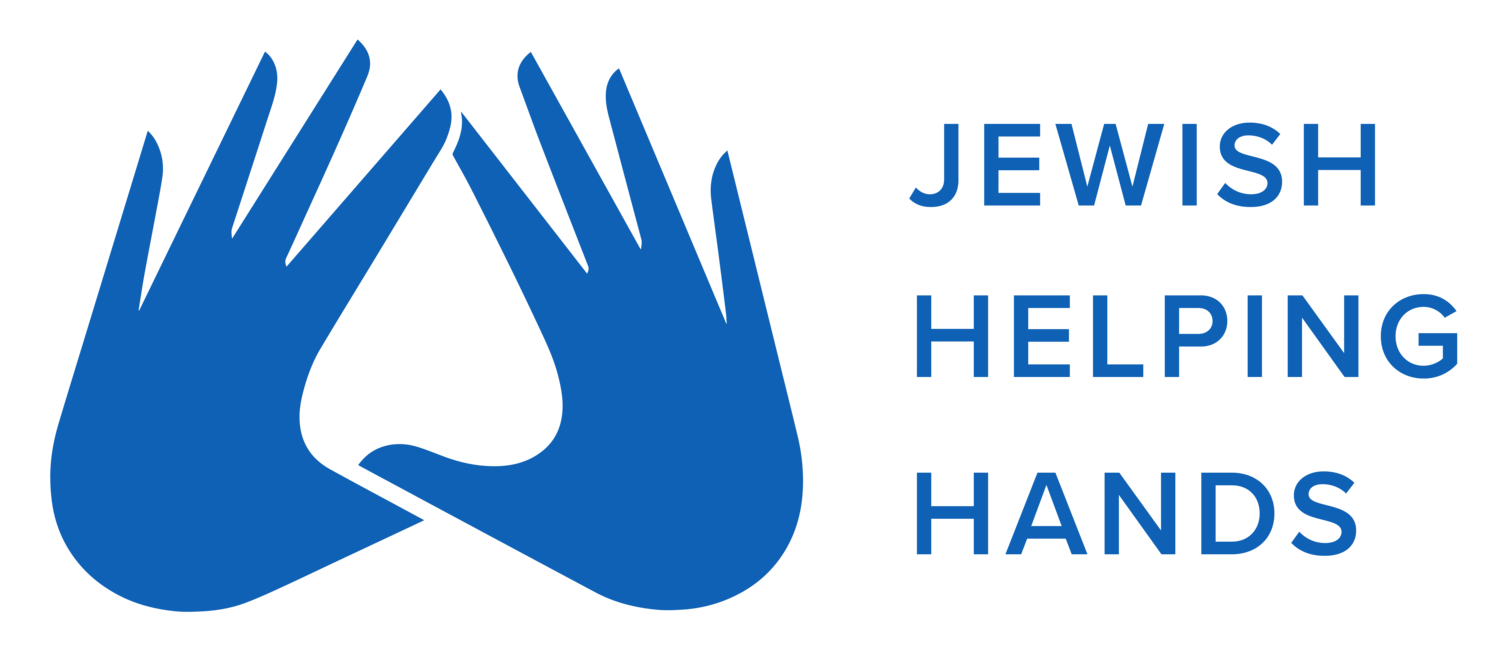2021 Grant Recipients
1. Hope City Dream Center, Dallas, TX $5000
The mission of Hope City Dream Center is to bring hope and dignity to people by providing practical resources such as food, clothing, mentoring, recovery, and pastoral counseling and support. This grant enables us to begin expansion in the specific area of food. As we continue to grow and serve additional families this increases the need for refrigeration. Last year we were able to distribute over 200,000 pounds of food in the Dallas area. In 2021 we are hoping to continue to grow and serve our community in a greater way.
The Food Distribution program serves the community of Oak Cliff but also targets communities that are experiencing food insecurity. Our objective is to ensure that every person has access to food and does not go to bed hungry. Prior to Covid-19 we have had a great working relationship with Dallas Independent School District and specifically Cowart Elementary, Salazar Elementary, and Stockard Middle School. Although the past year has looked very different than the previous years, we have remained committed to coming alongside the schools, and other organizations to ease the struggle of the families in Dallas. We will continue to find new ways to stamp out food insecurity. The families in our community have come alongside us to volunteer and serve in their community. Our volunteers are committed to making a difference in the communities in which they live.
We are so thankful for your support. Your partnership enables us to add the additional refrigeration and receive more food than we have been able to receive in the past. We truly are better together. Thank you!
2. Operation Save the Streets, Southern California $7500
Operation Save The Streets is a nonprofit organization that supports the homeless, elderly and vulnerable in the Southern California community. They provide individuals with bare necessities including food, clothes, and personal hygiene items. Additionally, with the onslaught of the Covid Epidemic, they have been providing masks, sanitizer, alcohol wipes, soap and gloves. Through their mobile task force, they can directly deliver necessities, including home cooked meals. In fact, since 2013, they have fed over 16,000 people. In providing these necessities, they strive to bring dignity to their patrons.
One of the thousands of individuals who has been assisted by Save the Streets is Debra. In 2013, they encountered Debra on the streets. She had been homeless for seven years. They spoke to Debra about her life on the streets. They wanted to know, from her opinion, what supplies would be beneficial to someone living on the street. The information Debra shared was vital to their programming today. In fact, her suggestions helped create the 17 Item Street Kit, which provides personal supplies to the most vulnerable in our community. We were able to help Debra and so many more individuals thanks to her assistance.
3. MealFlour, Guatemala $5000
MealFlour works with organizations in Guatemala to provide training on edible insect farming, specifically mealworms. Mealworm powder is a source of complete protein and by weight contains twice as much protein as beef. MealFlour teaches women how to grow mealworms in their homes and with limited resources. The basic farm is a box, only a square foot around, that can fit under a table or in the corner of a room. Compared to beef, mealworms require 2000 gallons less water to produce the same amount of meat. This is important for families living in the rural areas of Guatemala which are prone to droughts and where resources are strained. 80% of the world eats edible insects, but MealFlour is one of the first programs to teach people how to grow insects at home in order to improve their nutrition and health.
MealFlour uses a train-the-trainer model with community leaders to ensure sustainability of the program and its impact. In 2021 MealFlour will focus on working with indigenous communities in Huehuetenango, a department in the western highlands of Guatemala. The results of this program will allow us to scale and adapt the training to other regions of Guatemala.
4. Rural Reach Foundation, Uganda $3966
In the Kasese district in Uganda, the Buhaghura community faces no access to a reliable water source leading to numerous hardships facing the community, including disease and safety. Women and young girls are forced to walk long distances, often down steep hills, to draw water from a small water source. This time consuming daily ritual has hindered many young girls from fully participating in schooling and limiting future growth. In addition this daily routine has led many women to endure rape and sexual assault along the journey each day leading to unwanted pregnancies and extreme poverty. Disease from unclean water has also led to unfortunate illnesses and even death.
Through the JHH grant, the staff and volunteers of Rural Reach Foundation will oversee the installation of 4 large rain water harvesting tanks to aid the community and directly impact 100's of people. According to Masika Felesi, Chairperson of Rural Reach, the community is “happy and full of joy” as the future of their community seems bright once these water tanks are installed. The hope is for future food producing farms, girls able to learn and have a future, reduction of disease and a community filled with hope and prosperity.
5. The Tiny Miracles Foundation, Darien, Connecticut (Pending)




